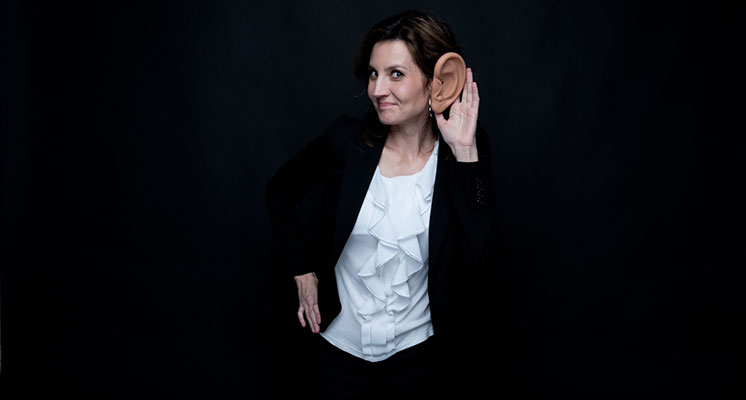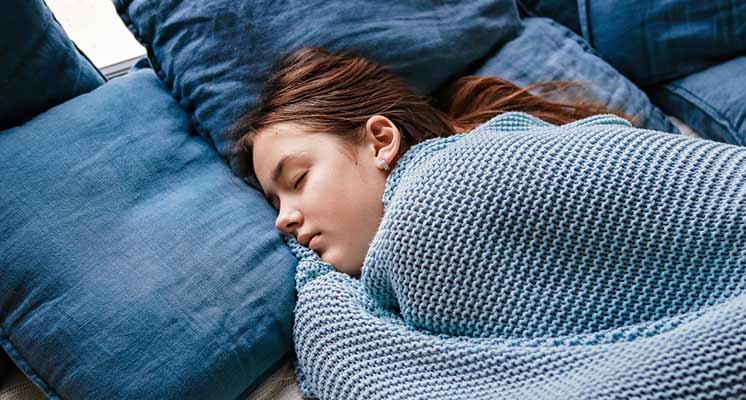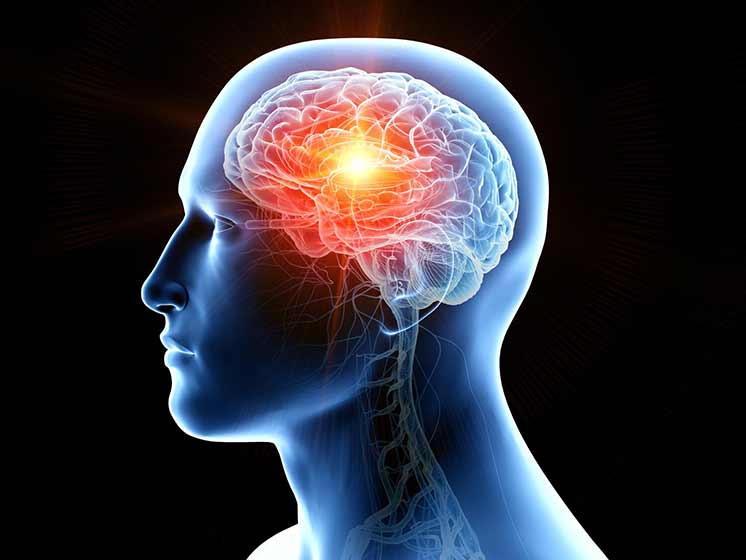1. What is harder to catch the faster you run? 2. A sundial has the fewest moving parts of any timepiece. Which has the most? 3. I’m tall when I’m young, and I’m short when I’m old. What am I?
Clean Eating Recipe: Hot Chocolate
Store bought hot chocolate “packets” contain massive amounts of sugar and even hydrogenated oils (an unexpected, undesirable ingredient). You can serve this with whipped cream made of organic heavy cream with a little bit of Monk Fruit Sweetener.
1/3 c full fat coconut milk (unsweetened)
2/3 c boiling water
1 tbsp unsweetened cocoa powder
1 tsp vanilla
Monk Fruit Sweetener
(optional) 1-2 drops peppermint oil, whipped cream, or cocoa nibs
Boil water on the stove. Add in all remaining ingredients. Stir well. Let cool a little bit, serve and enjoy!
Simple Sweet Potato Soup
1 Tbsp olive oil; 1 white onion diced; 3 cloves minced garlic; 2 Tbsp grated ginger; 2 pounds sweet potatoes peeled, cut into small pieces; 4 cups vegetable broth; 1/2 tsp salt; 1/4 tsp pepper; 1 cup shredded cheddar cheese; 2 Tbsp sliced green onions or chives. Place a large pot on the stove over medium high heat. Add in olive oil and onion and sauté until tender, about 7 min. Add in garlic and ginger and sauté 1 min more. Add in sweet potatoes and season with salt and pepper. Pour in vegetable broth and bring to a boil over high heat. Once boiling, reduce heat and simmer until tender. Transfer soup to blender and blend until smooth. Return to a pot over low heat and add in cheese. Serve topped with green onions or chives.
10 Interesting Ear Facts
Ears allow us to hear, but what else makes them so special?
Let’s find out!
1. Without your ears, you would lose your balance
Inside your inner ear lies a fascinating maze-like structure known as the vestibular system. Located here are three canals with fluid and small hair cells that detect the rotational movement of your head, whether that be up and down, side to side, or tilting. Each semi-circle canal is located at a different angle so your brain can better judge where your head is moving. They are each responsible for a specific direction of head movement.
Information coming from the vestibular system is processed in the brain and then sent to other organs that need this information, such as the eyes and muscles. This allows us to remain balanced and know what position our body is in. In some situations, (i.e., on a boat,) different sensory organs, such as the eyes, send contradictory messages to the brain. This is what can then cause us to feel unwell, dizzy, or nauseous.1
2. Your ears keep “growing” with age

Legend has it that our ears and nose are the only parts of our body that continue growing throughout our lives. They do indeed get larger, but it’s not because they’re literally growing. It’s most likely a combination of natural aging and gravity doing the work.2
As we age, our ears appear to be getting bigger but it’s because the cartilage in our ears is slowly breaking down, and gravity makes them elongate overtime.
3. Ears are self-cleaning
Earwax gets a bad rap.
But the truth is, it’s a completely natural (and essential) part of our ears.
Normal earwax production is a sign that your ears are doing a great job at cleaning themselves. This self-cleaning ability is also a win-win because the wax helps keep the ears moisturized and protected.
4. Ears never sleep

Our ears are still hearing 100% of the sounds around us when we are asleep, even if we’re not aware of it. It’s our brain that’s responsible for processing all the sounds around us and making sense of them.
The sleeping brain continues generating neural responses to surrounding events, but the sleeper is merely in “standby” mode as the brain continues to monitor for relevant signals.3
5. Your ears have very important hairs (that don’t grow back)
The ear has tiny nerve fibers or hair cells that help us maintain balance, but they’re also there to help us hear. These delicate hair cells are very sensitive and can be easily damaged to the point where they break. Once they break, they don’t grow back.
Some of the main reasons for this type of hair cell loss include sound exposure, natural aging, and ear infections. To avoid your risk for hearing loss, it’s important to take care of your ears by avoiding loud noises when possible or protecting your ears with ear plugs or coverings when exposed.4
6. Sound exposure is the leading cause of hearing loss
There are many things that can cause hearing loss, but sound exposure is the number one culprit.
This type of hearing loss falls under the category of Sensorineural Hearing Loss, and though there can be other causes such as aging, ear infections, and certain medications, it’s often caused by exposure to high levels of noise. It can be the result of one loud impulse sound, or from continual exposure to loud sounds over time. It depends on the level of the noise, or pitch, to determine how long it’s safe to be exposed to it.
It can happen to anyone, at any age.
7. Your ears help regulate pressure changes
Ever wonder what makes your ears “pop” on an airplane?
The middle of our ears has a certain amount of pressure around it, and the Eustachian tube in our ears helps keep air pressure equal on both sides of the eardrum to ensure that the pressure does not build up when the surrounding air pressure changes (like on an airplane or somewhere else of a high altitude).5
The Eustachian tubes then opens to relieve some of the pressure when we swallow, which equalizes the pressure inside and outside our ear. That’s what makes them “pop.”
8. The ears are connected to the nose and throat
The ears, nose, and throat are all intricately connected, that’s why there’s a type of doctor who looks at these parts of the body as one unit.
A disturbance in one part can cause a disturbance in the others. So, if there’s an infection in the throat, for example, it can travel to the ear. This is because the Eustachian tube is the pathway that runs through each part and connects them all together.
9. Hearing loss may cause cognitive decline

A new report published by the Lancet Commission shows that hearing loss is a risk factor for dementia.6 In fact, moderate hearing impairment can increase one’s dementia risk by 3x.
Even mild levels of hearing loss can increase the long-term risk of cognitive decline and dementia in people who are cognitively intact but somewhat hearing impaired. This is likely because hearing loss leads to lowered mental stimulation, isolation, and depression – all of which contribute to accelerated cognitive decline.
10. We have two ears for a reason
Having two ears helps us figure out which direction sounds are coming from.7 If you have hearing loss in one ear, you can probably notice that it’s hard to decipher where a particular sound is located. Therefore, it’s important to use two hearing aids instead of one when hearing loss is present in both ears, to help locate warning sounds around you, navigate safely through traffic, and walk safely across the road.
Would you like to learn more about your unique ears and hearing? Book a free hearing appointment with one of our hearing care professionals!
Sources
“How Does Our Sense of Balance Work?” NCBI, IQWiG (Institute for Quality and Efficiency in Health Care), 7 Sept. 2017, www.ncbi.nlm.nih.gov/books/NBK279394.“What to Know About Nose and Ear Growth as You Age.” WebMD, 19 Mar. 2021, www.webmd.com/healthy-aging/what-to-know-about-nose-and-ear-growth-as-you-age#1.
Legendre, Guillaume. “Sleepers Track Informative Speech in a…” Nature Human Behaviour, 14 Jan. 2019, www.nature.com/articles/s41562-018-0502-5
“Noise-Induced Hearing Loss.” NIDCD, 31 May 2019, www.nidcd.nih.gov/health/noise-induced-hearing-loss.
Gaihede, Michael. “Middle Ear Pressure Regulation–Complementary Active Actions of the Mastoid and the Eustachian Tube.” PubMed, June 2010, pubmed.ncbi.nlm.nih.gov/20393372.
Orgeta, V., Mukadam, N., Sommerlad, A., & Livingston, G. (2019). The Lancet Commission on Dementia Prevention, Intervention, and Care: A call for action. Irish Journal of Psychological Medicine,36(2), 85-88. doi:10.1017/ipm.2018.4
Hebrank, Jack, and D. Wright. “Are Two Ears Necessary for Localization of Sound Sources on the Median Plane?” The Journal of the Acoustical Society of America, Acoustical Society of America, 1974, asa.scitation.org/doi/abs/10.1121/1.1903351.
Be Savvy If Betting on Sports
Football, hockey and October baseball are in full swing. Single-game sports betting has been legal in Canada for just over two years. As Provinces work to regulate this fast-paced and emerging international industry, people who opt to wager on sports using mobile sports-betting apps need to be savvier than ever before. Straight bets, parlays, futures, prop bets, teasers, money lines, puck lines, and run lines are very new terms representing an array of sports wagering products. If you’re confused, overwhelmed or simply curious to know more, reach out to VI Gaming Support. We’re here to help.
Exploring Creative Passions
Embracing creativity unlocks numerous benefits. It allows us to reconnect with past joys and explore fresh passions, fostering fulfillment. Creative activities, from art to games, offer mental and emotional rewards, granting purpose, combating isolation and sharpening cognitive abilities. Moreover, creative pursuits foster connections, as they lead to participation in group activities. Such interactions alleviate loneliness and facilitate meaningful friendships. Age should never deter us from exploring our creative side as it nourishes our mental, emotional and social well-being. Whether reviving old interests or embarking on new adventures, creative passions in our older years can be a gateway to newfound fulfillment.
Great Socks for Travel
Many of us have compression socks for travelling. On the day of travel, put them on when you get up; that is when your legs are less swollen. This allows your body to adapt to the socks. Make sure to leave them on for a few hours after you land to again allow your body to adapt. Wearing the socks for the extra time can reduce any swelling of the legs much more effectively than if they are taken straight off. Compression socks do not work unless you wear them. Voxxlife socks provide comfortable compression that clients love to wear.
Online Health and Wellness Resource
Wellnessnews Choices for Healthy Living® invites you to check out the WellnessHub, your online Health and Wellness resource for Vancouver Island. The WellnessHub features hundreds of local business and practitioners offering services and products. In addition, there are hundreds of health tips, articles and podcasts on a variety of topics. It is easy to search, access and share information. While you are checking out the WellnessHub, don’t forget to subscribe to receive a monthly email letting you know about events and the monthly contest. You can also read the digital version of our five island editons of the newsletter.
Finding Joy
Everyone wants to be happy — but sometimes it can seem so out of reach! Happiness is not always an easy target. Maybe you are carrying around a sense of dissatisfaction, irritation or disappointment that does not go away. Where does this come from? Is it how you are living now or is it an old experience? Other people say “Let it go” – but how do you do that?! How can you change the story? Counselling provides a safe, encouraging place to explore your options, including how to start connecting with what makes you feel satisfied and joyful.
Community Profile: Comfort Keepers®
Comfort Keepers® helps clients maintain independence and quality of life with local, loving in-home care. Their caregivers travel to clients’ homes to provide care services and living assistance, allowing seniors and disabled individuals to live comfortably and independently. Providing long-term care for a loved one can be very taxing and time-consuming for family members. Comfort Keepers reduce this stress by providing a wide range of in-home care services for seniors in Victoria and surrounding areas. In-home elder care provides family members with peace of mind, knowing their loved ones are taken care of.
Free Workshop for Seniors
This free workshop, hosted by theVictoria Seniors Business Network, will feature speakers on Homecare Services, Housing Options and Downsizing Tips.
Guest speakers include: Roger Martin, Owner of Comfort Keepers; Lynn Van de Kamp, Sales Consultant at Parkwood Place and Jills Phipps, Owner of Home Again – Senior Transition Services. Circle Wednesday, October 25th on your calendar!
The event will run from 1:30 pm – 3:30 and will be held at St. Patrick’s Parish, 2060 Haultain Street in Victoria.
Seats are limited. Reserve yours today. Register for this free workshop at SeniorLifestyleSupport.Eventbrite.ca or call (778) 200-3387.







